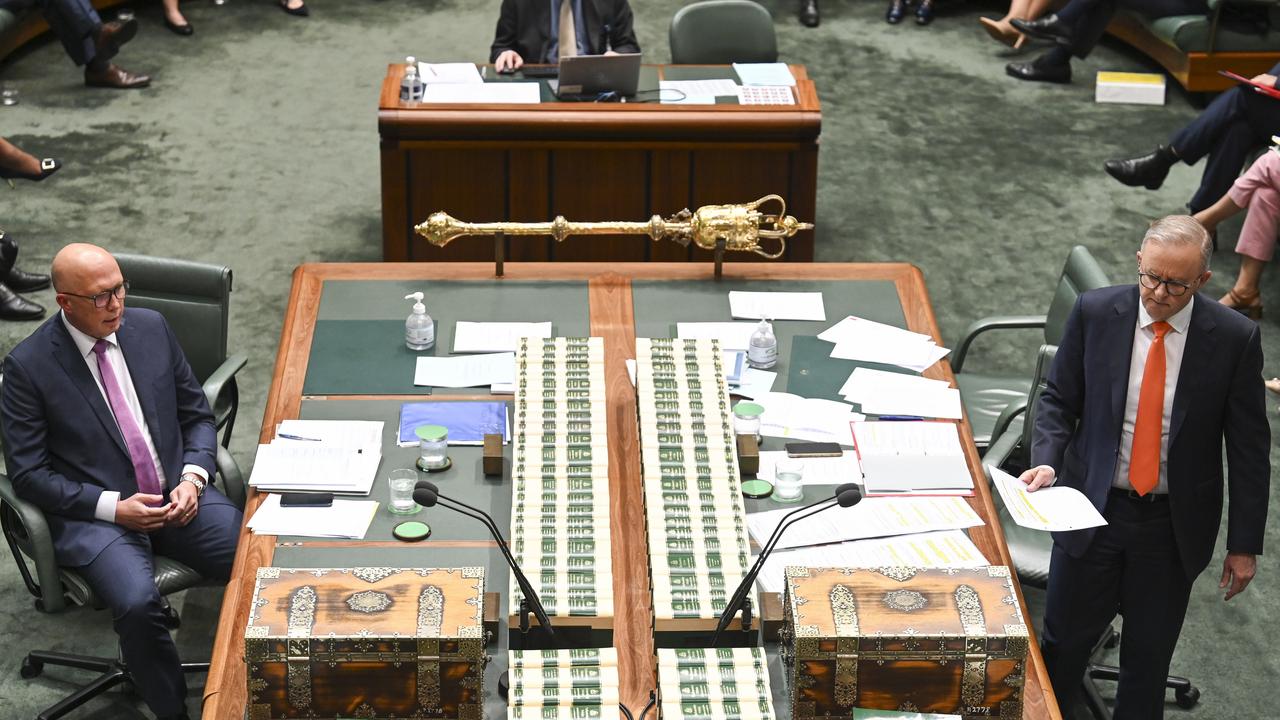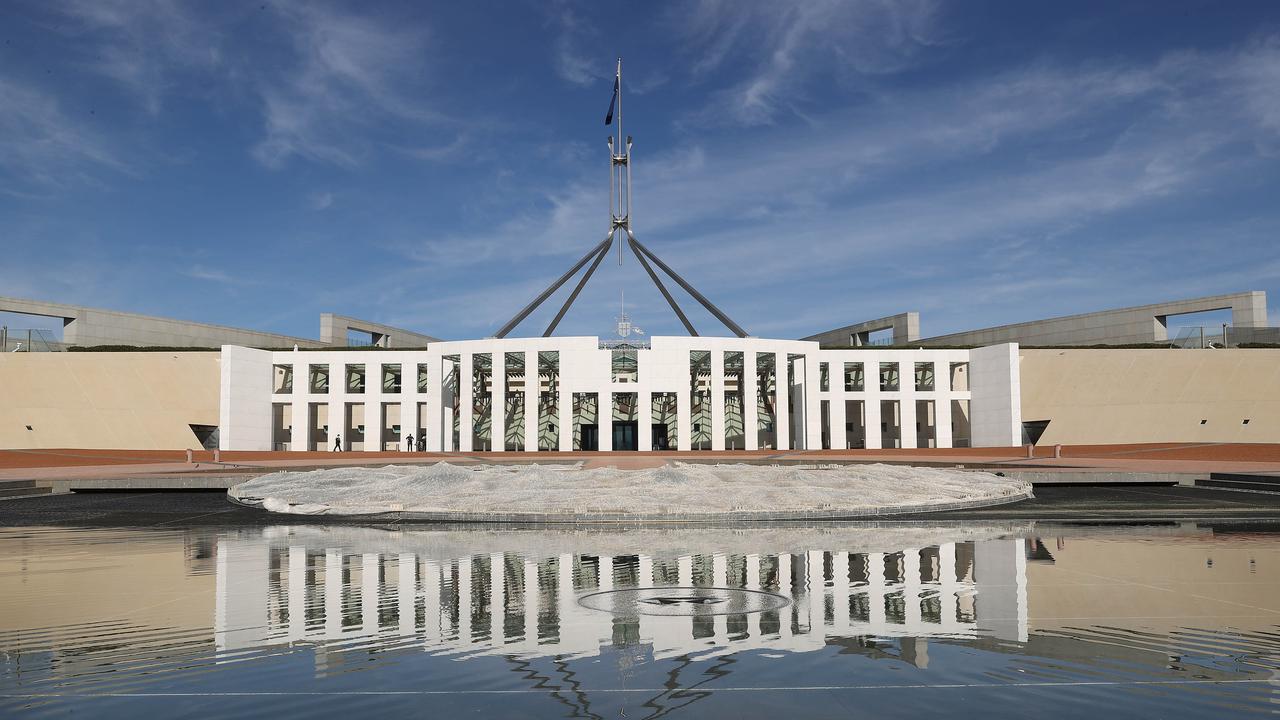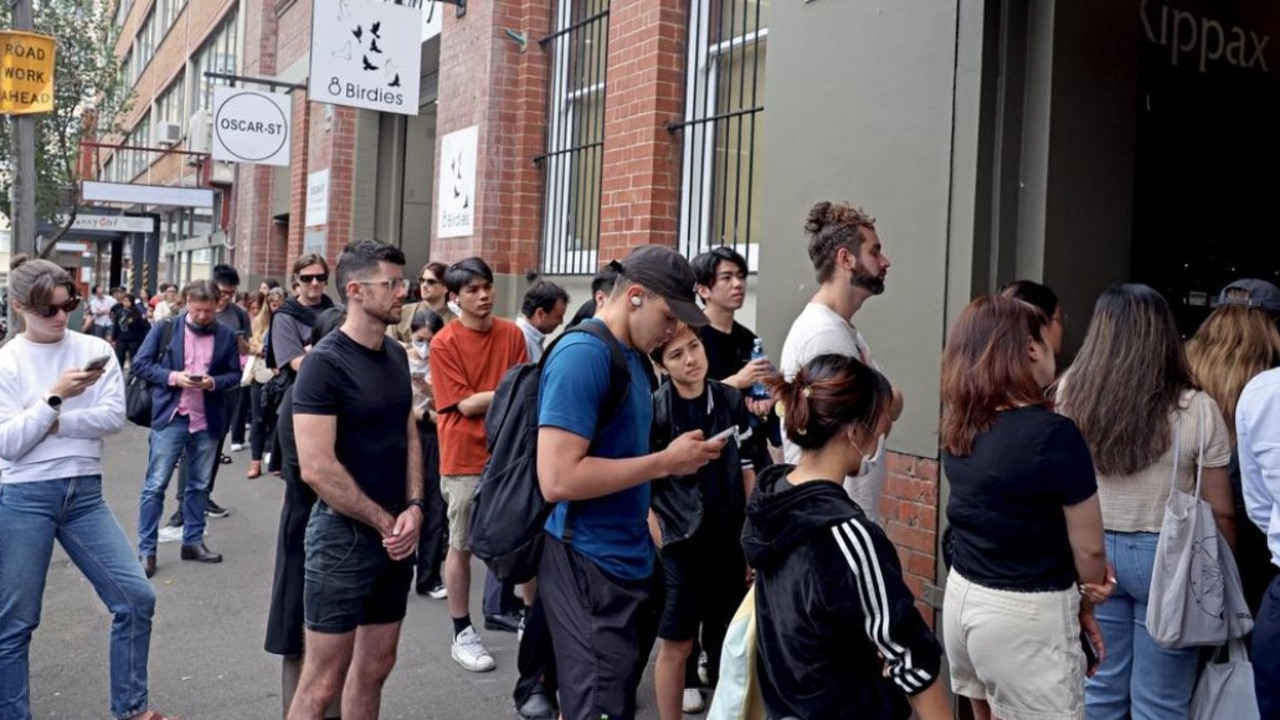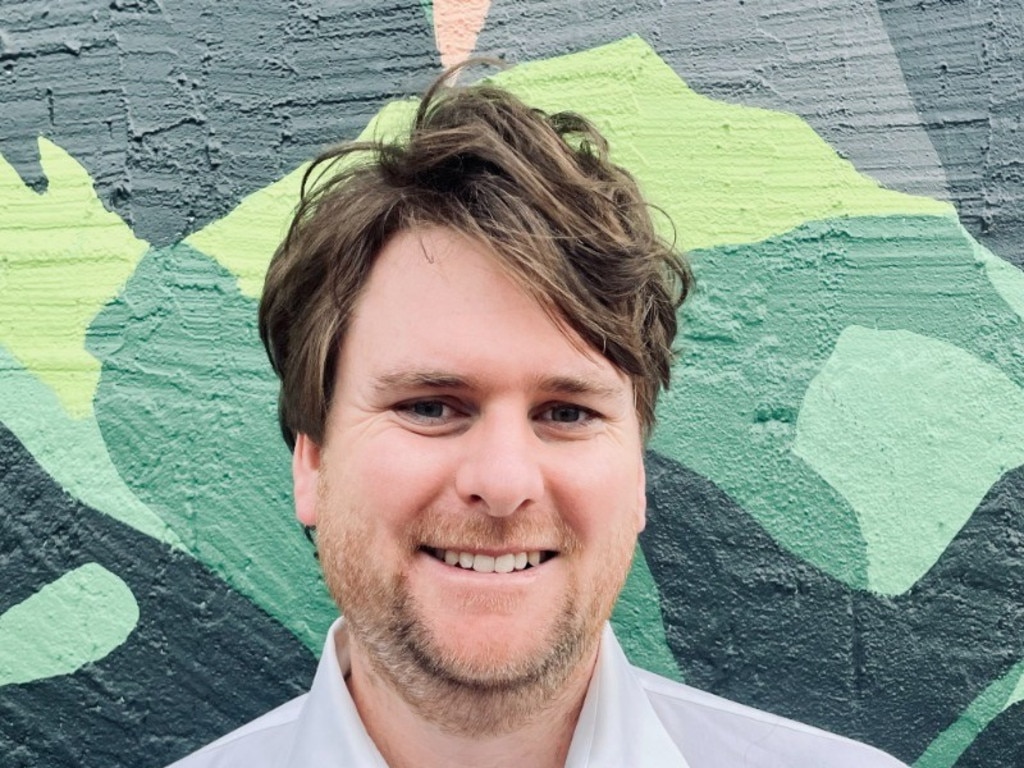3 per cent of Gen Z and Millennials think politicians have their interests at heart, seeing them as ‘selfish’ and ‘corrupt’
Startling new research shows fed-up Generation Z and Millennial have been pushed to the brink and are losing hope about the futures awaiting them.
Ninety-seven per cent of young Australians believe the country’s political leaders are self-interested, shortsighted, and corrupted by donors and special interest groups, stark new research has revealed.
A survey of Generation Z and Millennials found the overwhelming majority have minimal confidence in the ability of governments to craft long-term and meaningful policies to respond to the most crucial problems facing their age cohort, like the housing crisis, cost-of-living pressures and worsening economic inequality.
As a result, the study from think tank Think Forward exposes a worrying sense of uncertainty among young Aussies, who have endured overlapping crises and plunging economic optimism.
“Younger generations feel let down, are frustrated at the status quo, and want bold reforms,” Thomas Walker, an economist and chief executive of Think Forward, said.
Most view political leaders as being inherently selfish, distracted by the power of outside forces, and corrupted by political donors, Mr Walker said.
And most of their efforts seem to be centred on winning re-election – not what the country needs to be its best in the future.

That’s how Sydney university student Eleanor Searle sees things, finding few reasons to maintain hope given by those running the show.
“I’m a student full-time and a full-time worker in a city trying to balance the cost of rent in the place where I need to live, so that I can attend university and work,” Ms Searle said.
“Then I need to find a new place to live every few months because nowhere wants to give me a secure lease. And then each time I move, the rent is higher.
“I know this is an experience that a lot of my peers face, being able to live near universities, but also the inner city for young workers.”
Ms Searle, who both studies and works full-time, said rites of passage enjoyed by previous generations, like owning a home, starting a family and building financial security, seem unrealistic for her generation.
“These goals that the generation before us had of owning a home, no one seems to feel that they will be able to have that, to realise that goal,” she said.

“So, it’s becoming something that we don’t even vocalise. I don’t think I’d ever be able to afford a house in one of the major cities.
“And things like job security and rental security mean the people of my generation feel as if we’re always going to be slightly on the move or slightly unrooted. And everything’s just more and more out of reach.
“I mean, the ‘dream’ of being able to find a stable and affordable rental seems unrealistic, so … yeah.”
‘Band-aid solutions’
Promises made by the major political parties to address economic, housing and health inequalities don’t focus on long-term systemic change, Ms Searle said.
“I feel like any solutions that have been proposed so far are band-aid solutions,” she said.
“I think we need concrete things like more social housing, mandated student accommodation that’s actually affordable, things like rental caps would be wonderful.
“But these aren’t really options that have been discussed. A lot of the conversation I’ve seen is around older people, like people with mortgages. Who in my age, who in my demographic owns a property? And yet, it gets so much attention.”

Generation Z and Millennials will comprise 43 per cent of Australia’s voting base at the next election but will inevitably benefit from few of the policy commitments offered up by Labor and the Coalition.
“Our needs should be discussed more widely, I’d say,” Ms Searle said.
‘Generation F***ed’
So skewed is the focus of governments around Australia that one academic described Generation Z and Millennials as feeling like they’re “Generation F***ed”.
In a pointed essay late last year, Alison Pennington, adjunct senior research fellow in the areas of politics, philosophy and economics at La Trobe University, said research showed half of young people expect to be financially worse off than their parents.
And when examining where most of the money and attention coming from Canberra goes, it’s a fear that’s not without basis.
“Australia’s jobs, housing and tax policies are writing the futures of people who have no chance of contributing to the story,” Ms Pennington wrote for The Conversation.
“Deloitte’s 2022 Global 2022 Gen Z and Millennial Survey shows the biggest issue plaguing Millennials and Gen Z is the rising cost of living. Almost half of young people globally live from one pay day to the next.”

They have a strong sense that the rising cost of living will price them out of not just areas like housing but also starting a family.
And many fear that living the lives they dream of will be done amid a “climate apocalypse”.
“Existential doom and mass disempowerment are taking a grip on young people’s thinking. They’re trying to make the right choices against a backdrop of collapsed collective movements and government inaction against an energised global fossil fuel sector.”
The consequences of economic exclusion can be severe, impacting employment, health and welfare.
With a stark future on the horizon, Ms Pennington said “many young people have given up”.

“One in ten people aged 15 to 24 is not engaged in any education, employment or training. Just under one-third (29 per cent) report having poor or very poor mental health.
“Severe psychological distress has grown since 2017, with youth from low socio-economic and regional backgrounds experiencing the highest rates of mental illness. Young people feel the terrible weight of a society that is failing them.”
Ignore them at your peril
Young Australians have been a rapidly growing population cohort in recent years, and by the time the country heads to the polls for the next federal election, they’ll have enormous power.
“Generation Z and Millennials will make up over 43 per cent of voters in the next election, creating an imperative for politicians to listen and actually act,” Mr Walker said.
“Parliament must undertake the major structural reforms required in tax, housing, climate and education to set young people up for a better future.
“Short-term, band-aid solutions favoured by our political leaders are simply not working.”

At the last election, 85 per cent of young people aged 18 to 24 were enrolled to vote and the Australian National University’s regular Australian Election Study found most voted based on issues like the environment, economic inequality, housing and cost of living.
Respondent to the Think Forward study said they want governments to recognise the challenges facing young people now and develop meaningful solutions to address them.
“A lack of long-term planning and policy action leaves younger generations in a precarious position with an uncertain future, buffeted by overlapping crises and declining economic outcomes,” the report found.
“Symptoms of the malaise in long-term thinking, identified in the survey, are led by the slow and halting progress on reducing Australia’s carbon emissions and acting on climate change.
“Other examples include the housing crisis, environmental degradation, the growing cost but declining quality of the tertiary education sector, a tax system not fit-for-purpose, and growing intergenerational wealth inequality.
“These issues have been decades in the making, but our political leaders have been unable to step in and resolve them before they have hit crisis point.”






